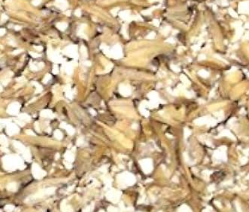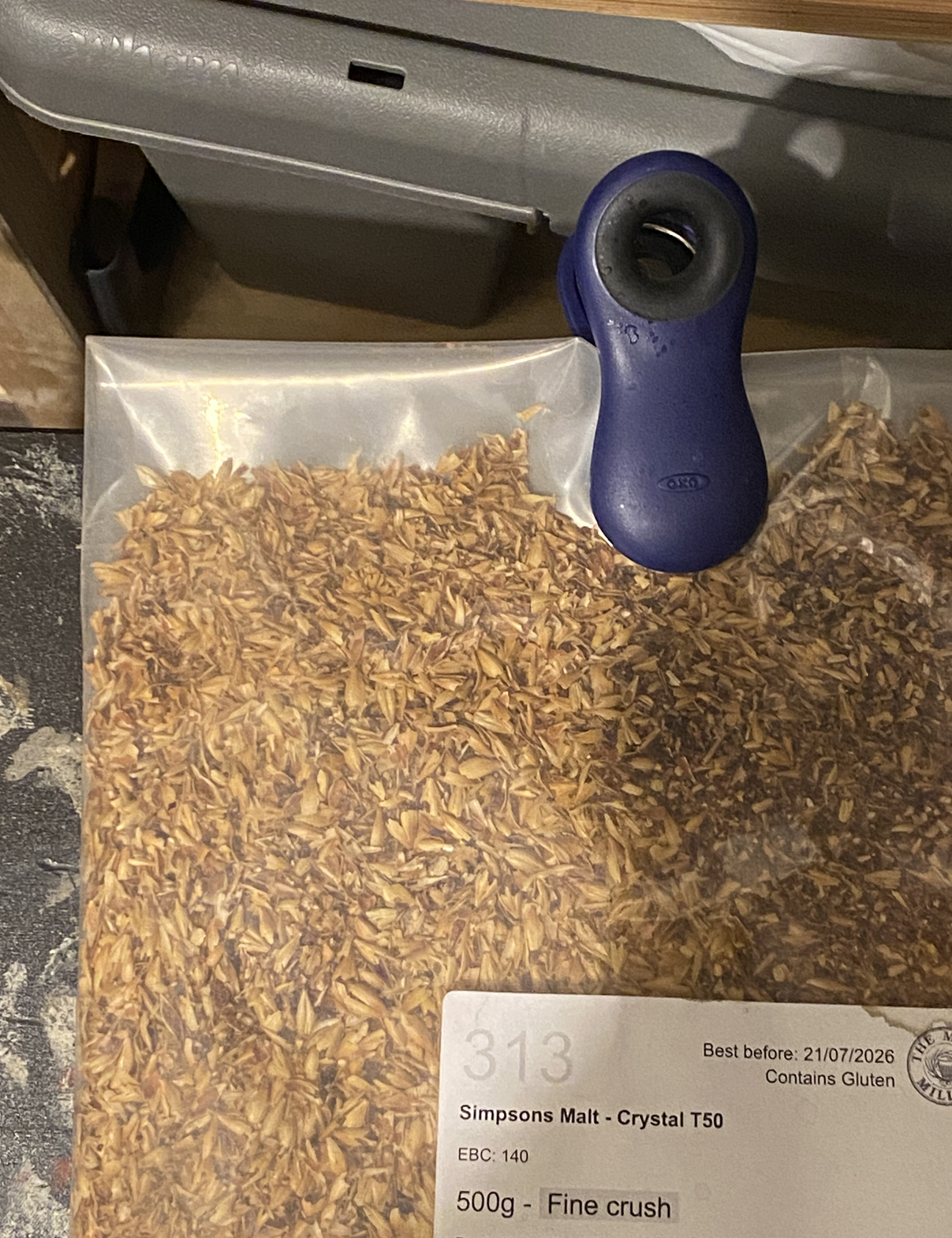David Kozelenko
Member
- Joined
- May 12, 2024
- Messages
- 24
- Reaction score
- 8
Hi, I brewed a pale ale with a 10lb grain bill of 9lbs 2 row, 1/2lb carapils and 1/2lb crystal 20l. This was done in a Brewzilla with 24qts of strike water and accounting for 5 qts grain abortion and 3qts boil off, I sparged with 6qts or so and have 5.5 gallons in my primary fermenter. When cooling my wort I drew a sample and found my OG was around 1.032 not 1.048 as expected. To rescue the beer, I added 1lb of dme to bring the wort to a 1.042 SG before adding yeast. At this point my fermentor was almost full to the brim so i bailed out some of the wort to leave me with 5.5 gallons. In hindsight, I should have taken the wort level down to accommodate the dme, oh well. I had the grain milled the day before at my local brewery supply store and the husks looked cracked, not everything ground to flour like consistency. I mashed at 152F for 1 hour and the boiled for 1 hour before cooling and transferring to the fermenter. I was wondering what went wrong here ie why did I miss the Brewer's Friend calculated OG so badly? The grain looked ok to my rookie eye and I mashed at 152F. Any ideas of where I went wrong? Did I over sparge? I was hoping for a close to 5% abv but will have to settle for about 4.2 this time. Thanks in advance for any help. PS, I was thinking of buying a refractometer so I could check my SG after the mash so that if I had to add dme, i could do it during the boil, is this a good idea? Thanks, Dave





































![Craft A Brew - Safale S-04 Dry Yeast - Fermentis - English Ale Dry Yeast - For English and American Ales and Hard Apple Ciders - Ingredients for Home Brewing - Beer Making Supplies - [1 Pack]](https://m.media-amazon.com/images/I/41fVGNh6JfL._SL500_.jpg)





















